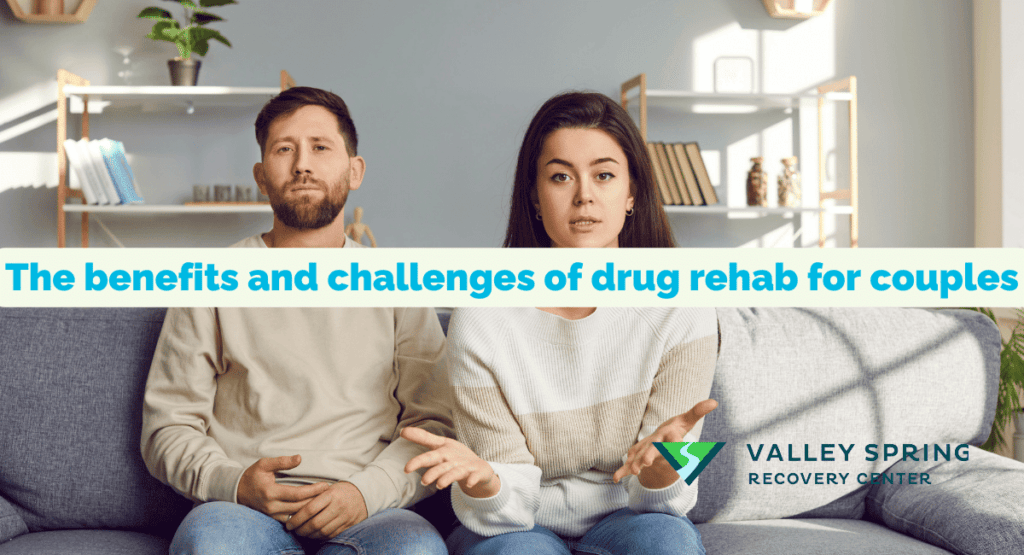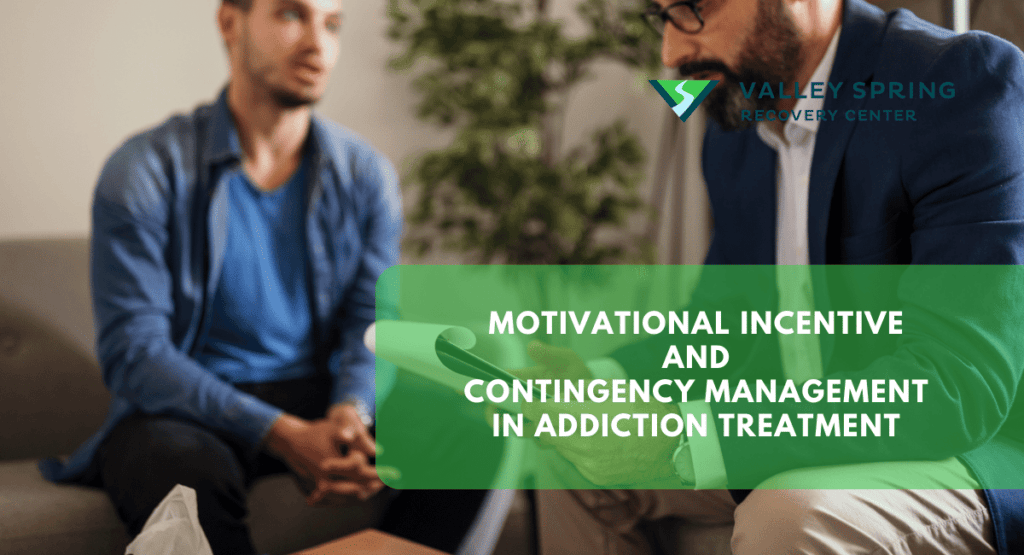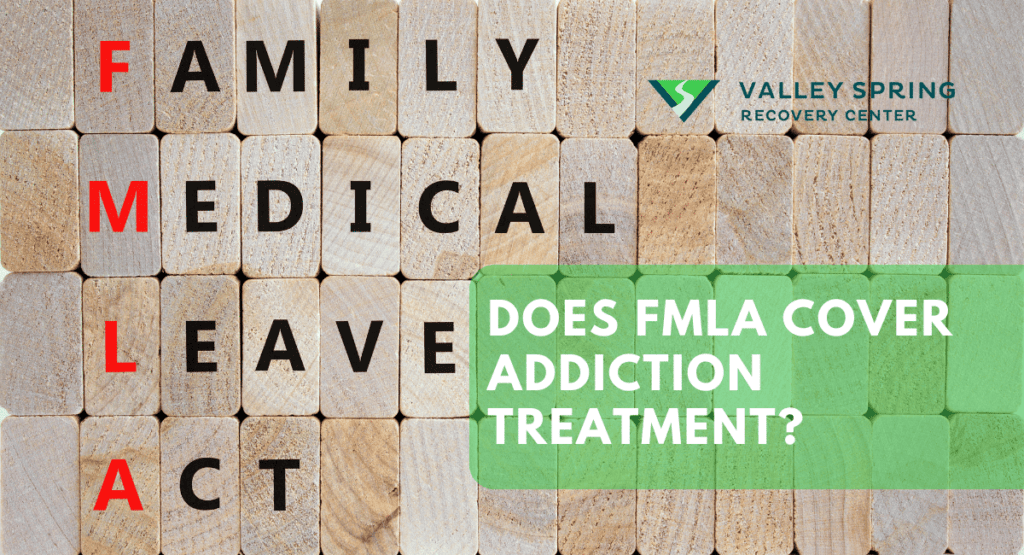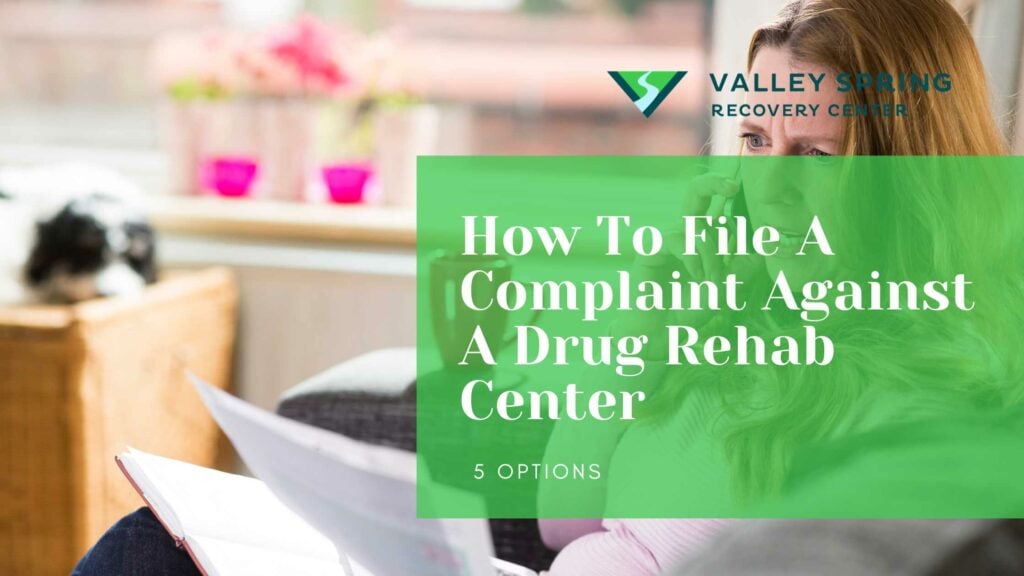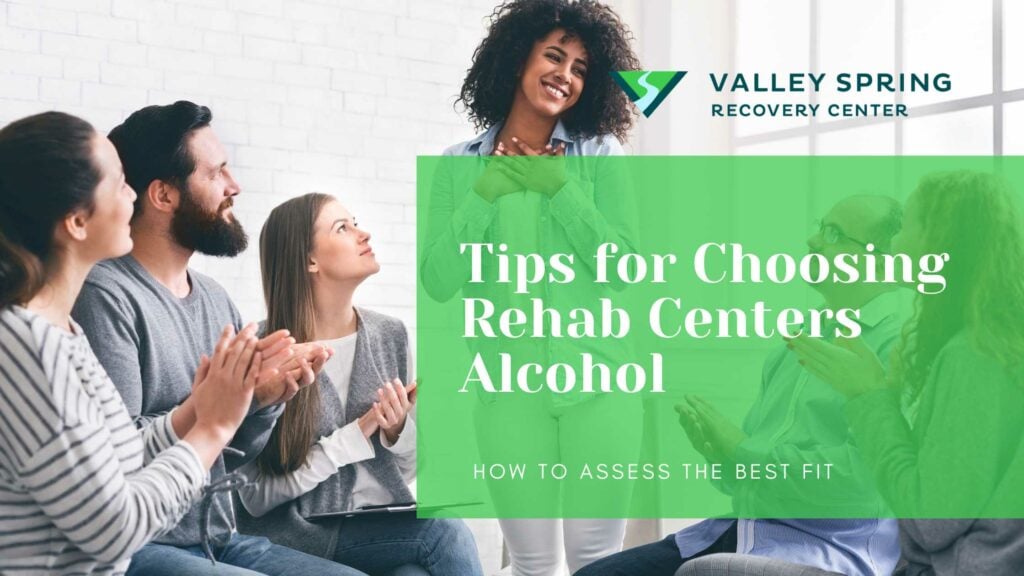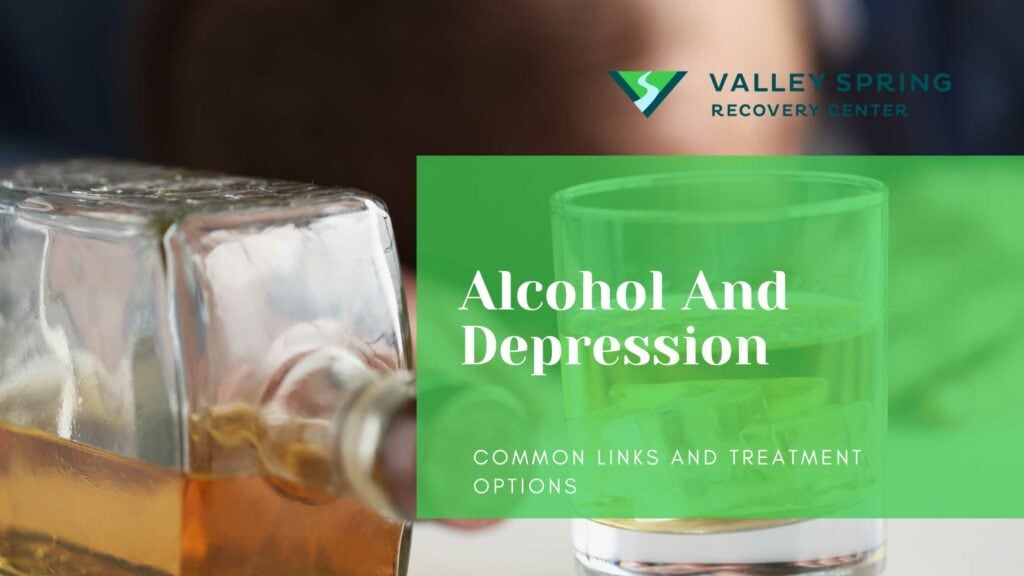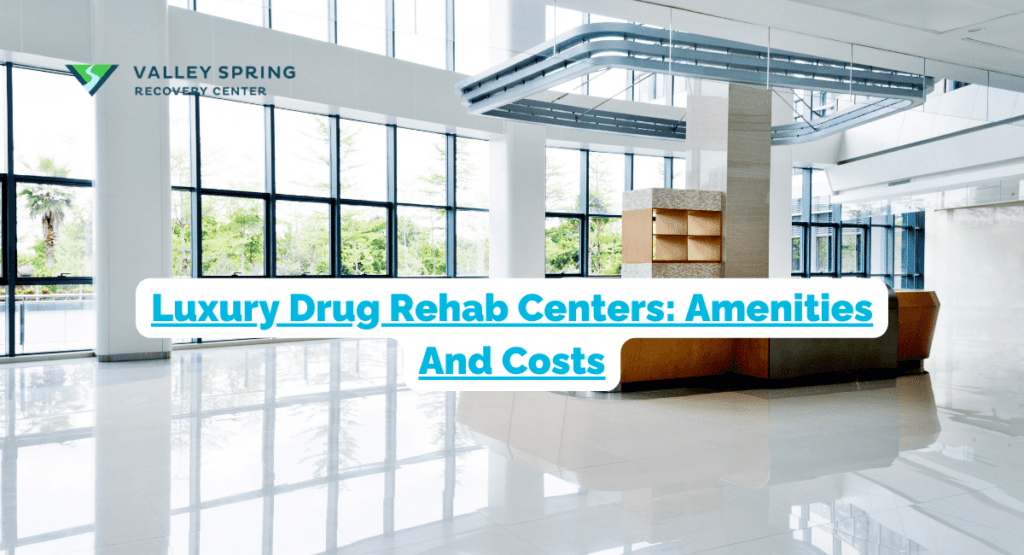In the intricate tapestry of life, love, and shared experiences, addiction can cast its shadow on even the most profound of relationships. Yet, within the realm of challenges, there is also resilience, hope, and the potential for profound transformation. The journey of drug rehab for couples is a testament to the enduring power of partnership and the shared commitment to overcoming addiction together.
In this exploration, we delve into the world of couples drug rehab—a unique and compassionate approach to healing that acknowledges the profound connection between addiction and relationships. Here, we embark on a journey to uncover the benefits and challenges this path presents, addressing the questions and considerations that are vital to those facing addiction as a couple.
From understanding the intricacies of treatment to discovering the support available, this journey offers insight, guidance, and hope for you and your partner as you navigate the path to recovery hand in hand.

What Is Drug and Alcohol Rehab for Couples?
Drug and alcohol rehab for couples is a specialized treatment program designed to address substance abuse issues within the context of a romantic relationship. Unlike traditional rehabilitation programs that treat individuals in isolation, couples rehab aims to foster mutual support, accountability, and growth for both partners as they journey toward sobriety.
Couples addiction treatment programs provide a multi-faceted approach, employing therapies such as Cognitive Behavioral Therapy (CBT), Dialectical Behavior Therapy (DBT), and couples counseling to deal with the complexities of addiction in a relationship setting.
This tailored approach is ideal for couples where both members are struggling with addiction or substance abuse, be it alcohol, drugs, or a combination of both.
Couples may consider this form of rehab when their substance abuse patterns are deeply interlinked, affecting not just their individual health but also the quality and sustainability of their relationship.
Treatment often occurs in specialized facilities equipped to handle the unique challenges posed by treating two members of a relationship simultaneously. These can range from outpatient centers to residential facilities, depending on the severity of the addiction and the specific needs of the couple.
The advantages of undergoing rehab as a couple include the ability to address relationship-specific triggers and unhealthy behavioral patterns that may contribute to substance abuse. It also allows for a shared understanding and vocabulary around sobriety, which can be invaluable in maintaining long-term recovery.
Therapists and counselors work with the couple to identify the root causes of their addiction and develop customized treatment plans. These usually involve both individual and joint sessions, alongside medical detoxification when necessary, to ensure a comprehensive treatment experience.
What Are The Benefits Of Drug Rehab For Couples?
As you consider the idea of drug rehab as a couple, it’s important to explore the benefits that this joint journey can offer. By embarking on this path together, you’ll discover a range of advantages that not only support your individual recoveries but also strengthen your relationship. Let’s delve deeper into these benefits and see how they can positively impact your experience.
- Emotional Support: One of the key benefits is that you’ll have each other for emotional support. The process of recovery can be emotionally challenging, and having your partner by your side can provide a unique kind of encouragement and motivation.
- Accountability: When you both commit to rehab together, you create a sense of accountability. You’ll hold each other responsible for your recovery, which can significantly reduce the risk of relapse.
- Couples Therapy: Drug rehab for couples often includes couples therapy sessions. These sessions can help improve your communication skills and address any underlying relationship issues that might have contributed to your addiction.
- Peer Understanding: Your partner is someone who can truly understand what you’re going through because they’re on a similar journey. This shared experience can reduce feelings of isolation and stigma.
Overall, drug rehab for couples provides you with a unique and powerful support system that can enhance your recovery journey. It’s a way to strengthen your bond and work together to overcome addiction, ultimately helping both of you live healthier, happier lives.
What are the Challenges of Drug Rehab for Couples?
While there are significant benefits to undergoing drug rehab as a couple, it’s equally important to acknowledge the challenges that may arise during this joint journey and that one individual may progress through recovery faster than another. These challenges can be complex and demanding, but understanding and addressing them is an essential part of your recovery process. The challenges with couples rehab are listed below:
- Codependency: You may find yourselves in a codependent relationship, where you rely heavily on each other. This can hinder your individual growth and recovery. Learning to establish healthier boundaries is crucial.
- Relational Strain: The process of rehab can sometimes strain your relationship further. The stress of recovery, coupled with past issues, may become more apparent. It’s important to address these challenges and find ways to navigate them together.
- Different Recovery Paces: It’s quite common for partners to progress at different rates in their recovery. One of you might make faster strides, while the other might struggle more. Balancing these differences can be challenging.
- Privacy and Personal Space: While couples rehab encourages shared support, it’s also vital to maintain individual privacy and personal space. Finding that balance within a shared recovery environment can be a delicate task.
- Concentration: It may be hard for one member of the relationship to concentrate on their recovery if they are concerned about the other person more than their own well-being. This type of counter-transference is common in rehab when both individuals undergo treatment mutually.
What should LGBTQ couples do when going to rehab?
For LGBTQ couples considering rehab, there are several important steps and considerations to ensure they receive the most effective and supportive care:
- Research LGBTQ-Affirmative Programs: Look for rehab facilities that explicitly state their support and experience in working with LGBTQ individuals. These programs are more likely to provide an inclusive and understanding environment, which is crucial for effective treatment.
- Evaluate Couples Therapy Options: If both partners are struggling with addiction, consider a couples rehab program that offers joint therapy sessions. Ensure that the program is experienced in addressing the unique dynamics of LGBTQ relationships.
- Assess Individual Needs: Each partner should evaluate their own needs in recovery. In some cases, individual rehab might be more beneficial, especially if there are personal issues or traumas that need focused attention separate from the relationship.
- Consider the Level of Support for Gender and Sexual Identity: The program should be sensitive to and experienced in dealing with issues related to gender identity and sexual orientation, including challenges like discrimination, internalized homophobia, or gender dysphoria.
- Inquire About Tailored Treatment Plans: Effective rehab programs should offer personalized treatment plans that consider the unique experiences and challenges of LGBTQ individuals, including co-occurring mental health disorders, societal pressures, and family dynamics.
- Seek Comprehensive Care: Look for programs that offer a holistic approach to treatment, including medical care, mental health counseling, group therapy, and support for issues specifically related to the LGBTQ community.
- Check for Aftercare Support: Aftercare is crucial in maintaining sobriety. Choose a program that provides ongoing support post-rehab, such as counseling, support groups, or resources specifically geared towards the LGBTQ community.
- Ensure a Safe and Affirming Environment: The rehab environment should be a safe space where both individuals feel comfortable and respected. This includes respect for pronouns, understanding of diverse relationship structures, and a non-judgmental approach.
- Consult Healthcare Professionals: Before making a decision, consult with healthcare professionals who understand LGBTQ health needs and can provide guidance on the best course of action for both partners.
- Prepare for Emotional Challenges: Rehab can be an emotionally intense experience. Be prepared to face and work through difficult emotions and relationship dynamics in a supportive and therapeutic setting.
Are There Specific Substance Abuse Issues That Couples’ Drug Rehab Can Address?
When it comes to couples drug rehab, it’s important to know that it can address a wide range of substance abuse issues that you and your partner might be facing. Whether it’s alcoholism, drug addiction, prescription medication misuse, or even co-occurring disorders where mental health challenges intersect with substance abuse, couples drug rehab is designed to provide a comprehensive approach to healing.
The idea here is to acknowledge that addiction can manifest in various forms, and it doesn’t discriminate. No matter what substance or substances you and your partner may be struggling with, couples drug rehab can help you both navigate the path to recovery together.
It’s about recognizing the unique challenges you face and tailoring the treatment to address those specific needs, ensuring that you both get the support you require to overcome addiction and strengthen your relationship in the process. Remember, you’re not alone in this, and there’s help available for you both.

Can Couples With Different Levels Of Addiction Severity Attend Drug Rehab Together?
It’s entirely possible for couples with different levels of addiction severity to attend drug rehab together. Each person’s journey through addiction is unique, and sometimes one partner may have a more severe addiction while the other’s struggle is less intense. According to NCBI data from NYC, more than 40% of IDUs are sexually partnered with other IDUs.
The beauty of couples’ drug rehab lies in its flexibility. Treatment plans can be tailored to address the specific needs of both individuals, considering the varying levels of addiction severity.
This means that each of you will receive the support and treatment that’s appropriate for your respective situations. It’s all about recognizing your individual needs and crafting a recovery plan that suits both of you. So, if you and your partner find yourselves at different points in your addiction, don’t hesitate to seek help together. Couples rehab can provide the necessary guidance to help you both heal and grow, regardless of the differences in your addiction levels.
What are the Factors to Consider When Choosing the Right Couples Rehab Program?
When you’re looking for the right couples rehab program, there are several important factors to consider. These factors can make a significant difference in your journey to recovery together:
- Treatment Approaches: Take a close look at the treatment methods and approaches offered by the rehab program. Ensure they align with your specific needs and preferences, whether that’s individual therapy, group therapy, holistic treatments, or evidence-based approaches.
- Location and Setting: Consider the location of the rehab facility. Is it close to home, or would you prefer a more distant location for added privacy and focus? Think about the setting, too—some rehab centers offer serene natural environments, while others are in urban areas.
- Support Services: Investigate the range of support services available. This can include aftercare programs, relapse prevention strategies, and family counseling. Having comprehensive support can greatly enhance your chances of success.
- Individualized Treatment Plans: Ensure that the rehab program offers individualized treatment plans for both you and your partner. These plans should consider your unique needs and recovery goals.
- Accreditation and Licensing: Check if the rehab facility is accredited and licensed. This ensures that they meet the necessary quality and safety standards for addiction treatment.
- Success Rates and Reviews: Research the program’s success rates and read reviews from past participants. This can give you insight into the program’s effectiveness and the experiences of others who have been through it.
- Cost and Insurance: Consider the cost of the program and whether it’s covered by your insurance. Explore your payment options and any financial assistance that may be available.
By carefully weighing these factors, you can make an informed decision when choosing the right couples rehab program that suits your needs and provides the support necessary for your journey to recovery together.
Our Admissions team is here to help 24 hours a day and will treat you with compassion, dignity, and respect.
We are standing by to guide you through the admissions process.
Click Get Started to fill out a form for an immediate response.

How Can Couples Find The Right Drug Rehab Program For Their Needs?
Finding the right drug rehab program for your needs as a couple can seem like a daunting task, but with the right guidance and considerations, you can make an informed choice that suits your unique needs as a couple. As you take these steps and explore your options, remember that seeking help is a commendable and courageous decision—one that paves the way for a healthier, happier future together:
- Research and Explore Options: Start by researching different rehab programs. Look online, ask for recommendations from healthcare professionals, or reach out to addiction helplines. Create a list of potential options to consider.
- Assess Your Needs: Take some time to evaluate your specific needs as a couple. Consider factors like the type and severity of addiction, any co-occurring mental health issues, and whether you prefer inpatient or outpatient treatment.
- Check Accreditation: Ensure that the rehab programs you’re considering are accredited and licensed. This guarantees they meet the necessary standards for effective addiction treatment.
- Consult with Professionals: Seek guidance from addiction specialists or therapists. They can provide valuable insights and recommendations based on your unique circumstances.
- Inquire About Treatment Approaches: Contact the rehab facilities you’re interested in and ask about their treatment approaches. Inquire if they offer couples-specific therapy or if they tailor programs to individual needs.
- Evaluate Location and Setting: Consider the location and setting of the rehab facility. Decide whether you prefer a program close to home or one in a more distant, tranquil environment. The setting can impact your focus and comfort during treatment.
- Review Support Services: Investigate the support services offered, including aftercare programs, relapse prevention strategies, and family involvement. Comprehensive support can be crucial to your long-term recovery.
- Verify Insurance Coverage: If you have insurance, verify whether the rehab programs you’re considering are covered. Understanding the costs and payment options is essential to avoid financial surprises.
- Read Reviews and Seek Recommendations: Look for reviews and testimonials from former program participants. This can provide insights into the program’s effectiveness and the experiences of others who have been through it.
- Visit the Facility: If possible, arrange a visit to the rehab facility. Seeing the environment firsthand can help you assess if it’s a comfortable and suitable place for your recovery journey.
By following these steps and doing your research, you can find the right drug rehab program that aligns with your needs as a couple and provides the support and resources necessary to embark on the path to recovery together. Remember, you don’t have to go through this alone, and seeking help is a significant step toward a healthier, substance-free future.
Is Privacy Maintained In Couples’ Drug Rehab Programs?
Privacy is a significant concern in couples’ drug rehab programs. While the focus is on providing support and treatment for both you and your partner, these programs prioritize maintaining your confidentiality and personal boundaries.
During therapy sessions, it’s essential to create a safe space where you can openly discuss your struggles and emotions. However, individual privacy is also respected. You’ll have opportunities for one-on-one sessions with therapists to address personal issues and concerns confidentially.
Overall, couples’ drug rehab programs aim to strike a balance between fostering shared support and ensuring your privacy. It’s important to feel comfortable and secure throughout your recovery journey, knowing that your personal information and experiences will be kept confidential and respected.
Are Couples Therapies Effective?
Couples therapies can be effective in helping couples improve their relationships, resolve conflicts, and address various issues. The effectiveness of couples therapy can vary based on several factors, including the specific issues being addressed, the willingness of both partners to engage in the process, the skills and expertise of the therapist, and the approach used.
Research and clinical evidence have shown that couples therapy can lead to positive outcomes. According to the American Association of Marriage and Family Therapy (AAMFT), around 98% of couples who have participated in couples therapy report that they have received good or excellent care.
- Improved Communication: Couples therapy often focuses on enhancing communication skills, helping partners express their thoughts and feelings more effectively and listen more attentively to each other.
- Conflict Resolution: Couples learn how to identify and address sources of conflict in their relationship constructively. They develop tools and strategies for resolving disputes in healthier ways.
- Greater Understanding: Therapy can foster a deeper understanding of each partner’s needs, values, and perspectives, which can lead to increased empathy and connection.
- Enhanced Intimacy: Couples therapy can help couples rekindle intimacy and emotional connection, addressing issues related to physical intimacy, trust, and vulnerability.
- Problem-Solving Skills: Couples acquire problem-solving skills that can be applied to various challenges they encounter in their relationship, promoting better cooperation and teamwork.
- Preventing Divorce: For couples considering divorce, therapy can be a valuable intervention that helps them work through their issues and, in many cases, prevent the dissolution of the relationship.
It’s important to note that the effectiveness of couples therapy often depends on the commitment and effort of both partners. A skilled and experienced therapist can guide the process and provide valuable tools and insights, but active participation and willingness to make changes are key factors in achieving positive outcomes.
While couples therapy is effective for many couples, it may not work in every situation, especially in cases of severe abuse, addiction or when one or both partners are not open to the process. In such cases, other forms of intervention or support may be necessary.
Is going to rehab as a couple better than going to rehab single?
Choosing between couples rehab and individual rehab, such as men’s rehab or women’s rehab, largely depends on the specific dynamics and needs of the relationship and the individuals involved. If both partners in a relationship are battling addiction, couples rehab can be advantageous. It offers a unique opportunity for both partners to work on their recovery together while addressing relationship issues that may contribute to or be affected by their substance use disorders. This joint approach can foster mutual understanding, support, and a shared commitment to a sober lifestyle.
However, in situations where individual issues, such as gender-specific challenges, are prominent, men’s rehab or women’s rehab might be more suitable. These programs provide tailored treatment focusing on issues more prevalent in each gender, offering a safe and understanding environment for recovery. For instance, men’s rehab might focus on societal pressures and masculinity norms, while women’s rehab could address topics like trauma or body image issues.
Ultimately, the decision should be based on what will most effectively address the needs of each individual and the couple as a whole. Consulting with a healthcare professional can provide guidance tailored to the unique circumstances of each case, ensuring the chosen path aligns with the best chances for successful recovery.
Ben Fisher
All author postsShare This Post

